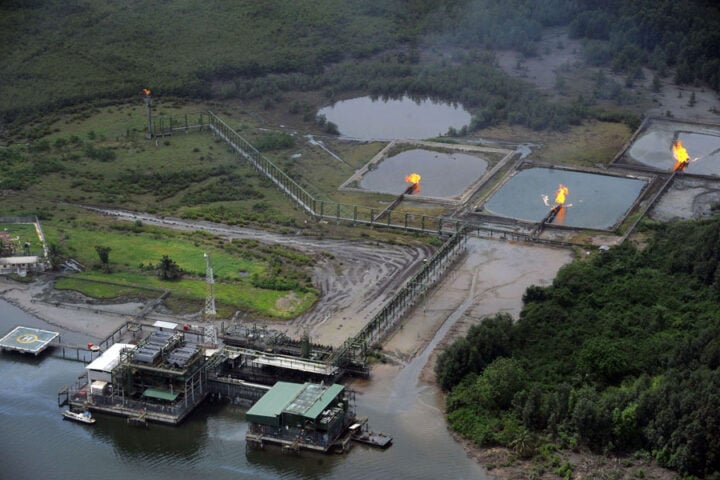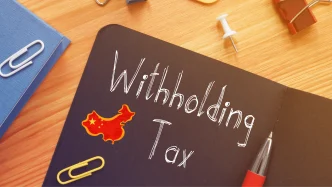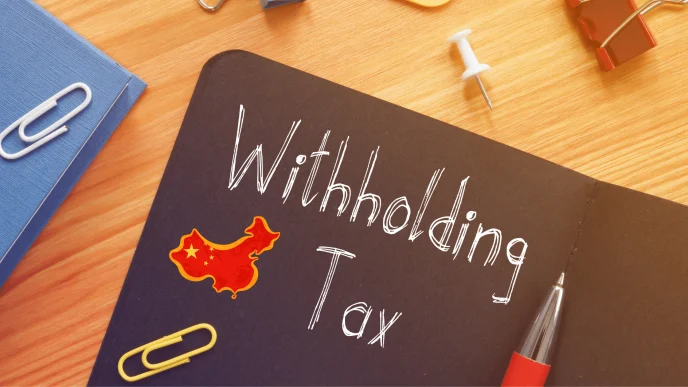Agora Policy, an Abuja-based think tank, says after two years of implementing the Petroleum Industry Act (PIA), the federation has received significantly less revenues from the petroleum sector, compared to the period before the law.
Former President Muhammadu Buhari signed the Petroleum Industry Bill (PIB) into law on August 16, 2021.
The bill became the Petroleum Industry Act (PIA) 2021.
In a policy note on the need to amend the PIA to boost the federation’s petroleum revenue, Agora Policy said the act was supposed to attract investment into the country’s petroleum sector, enhance the regulatory and business framework, and boost revenue.
Advertisement
In reality, however, Agora Policy said none of the aims have been achieved.
According to the policy document, the federation has not received more revenue, “as petroleum revenue to the federation has fallen drastically after implementation of the PIA, and this is not due to just fall in oil production or prices”.
“After two years of implementing the PIA, evidence shows that the Federation has received significantly lower revenues from the petroleum sector, compared to the period before the law,” the organisation said.
Advertisement
“We focus on the interpretation of two aspects of the PIA where implementation has increased the share of petroleum revenue withheld by the NNPCL, thereby reducing the petroleum revenue accruing to the Federation.”
‘NIGERIA HAS RECEIVED LOWER REVENUE FROM JV ASSETS’
Agora Policy said with the implementation of the PIA, the Nigerian National Petroleum Company (NNPC) Limited took over ownership of the federation’s equity holdings in joint venture (JV) assets.
“With NNPCLs interpretation of Sub-section 54 (1) of the PIA, NNPCL has acquired the Federation’s JV assets, and pays dividends to the Federation,” the think-tank said.
Advertisement
The organisation said the federation has “received lower revenue from JV assets, as the dividends declared are very low, and there have been many months in which no dividends were paid”.
“For context, in 2021, the last full year before the implementation of the PIA, the Federation received $10.65 billion from sales of JV crude oil and $1.252 billion from sales of JV equity gas and feedstock, amounting to a total revenue of $11.902 billion from crude oil and gas sales from JV assets,” Agora Policy said.
“By contrast, in 2023, the first full year of the PIA implementation, the Federation received $399,000 from sales of JV crude oil, $701.287 million from sales of JV equity gas, and $1.13 billion as dividends from NNPCL, a total revenue figure of $1.833 billion.
“This is a drastic revenue reduction which clearly shows that the Federation has not materially benefited from the new arrangement with its JV assets after the PIA.”
Advertisement
Furthermore, the think-tank said due to the implementation of the PIA, NNPC has been deducting “60% of profit oil and gas from Production Sharing Contracts (PSCs)”.
“NNPCL’s interpretation of sub-sections 9 (4) and 64 (c) of the PIA has resulted in the company deducting 30% for management fee, and an additional 30% for the frontier exploration fund, while the Federation gets the balance of 40%,” the organisation said.
Advertisement
“Again, similar to JV dividends, there were many months when the NNPCL did not remit the 40% balance.”
Agora Policy said it is also questionable why the owner of an asset — the federation — receives only 40 percent of the profits from such assets — and receives nothing sometimes.
Advertisement
Add a comment










